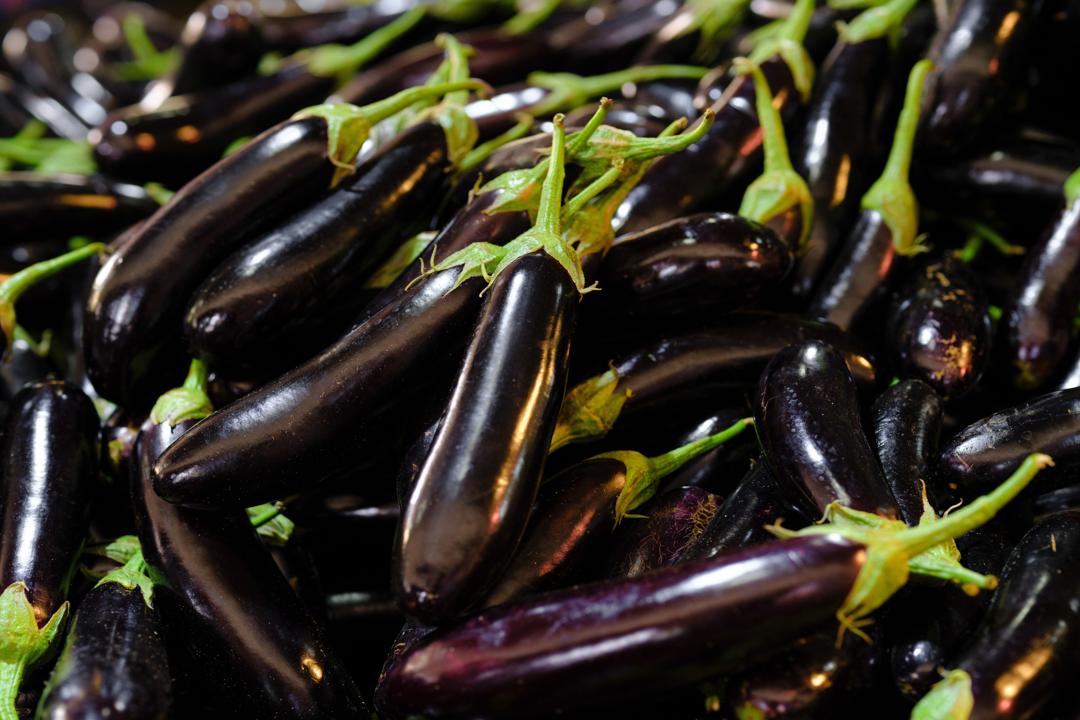Nightshade Vegetables and Inflammation: Unraveling the Truth
As a health and wellness coach, I understand the importance of providing accurate information to those seeking to improve their well-being. In this article, we will dive deep into the connection between nightshade vegetables and arthritis, unraveling the truth behind the potential impact on inflammation.
What are Nightshade Vegetables?
Nightshade vegetables are a group of plants that belong to the Solanaceae family. Some common examples of nightshade vegetables include tomatoes, potatoes, peppers, and eggplant. These vegetables are known for their vibrant colors and distinct flavors, making them popular choices in various cuisines.
Nightshade vegetables are not only delicious but also offer a range of nutritional benefits. They are rich in essential nutrients like vitamins A, C, and K, as well as minerals like potassium and magnesium. Additionally, they contain antioxidants that help protect the body against free radicals.
Historically, nightshade vegetables have been used in traditional medicine for their potential health benefits. They have been associated with anti-inflammatory properties and have been used to alleviate symptoms of various conditions.
The Link Between Nightshade Vegetables and Inflammation
One of the main concerns surrounding nightshade vegetables is their potential to exacerbate inflammation, particularly in individuals with arthritis. The theory suggests that certain compounds found in nightshade vegetables, such as alkaloids, may contribute to increased inflammation.
Alkaloids, including solanine, are natural plant compounds that act as a defense mechanism against pests. Some individuals may be more sensitive to these alkaloids, and their consumption may trigger an inflammatory response in the body.
Scientific studies and research have explored the connection between nightshade vegetables and arthritis. While some studies suggest a potential link, the evidence is not conclusive. It is important to note that the impact of nightshade vegetables on inflammation varies among individuals. What may cause inflammation in one person may not have the same effect on another.
Debunking Misconceptions
There are several misconceptions and myths surrounding nightshade vegetables and their relationship with arthritis. Let’s debunk some of them:
-
Myth: Nightshade vegetables always cause inflammation in individuals with arthritis. The impact of nightshade vegetables on inflammation is not universal. Some individuals with arthritis may find that certain nightshade vegetables exacerbate their symptoms, while others may not experience any adverse effects.
-
Myth: Avoiding nightshade vegetables is necessary for managing arthritis. While some individuals may benefit from reducing or eliminating nightshade vegetables from their diet, it is not a one-size-fits-all approach. It is essential to listen to your body and pay attention to how specific foods affect your symptoms.
-
Myth: All nightshade vegetables contain the same amount of alkaloids. The alkaloid content can vary among different nightshade vegetables and even within the same variety. Factors such as ripeness, cooking methods, and preparation techniques can influence the alkaloid levels.
It is crucial to approach dietary modifications with an individualized perspective. What works for one person may not work for another. Experimentation and self-awareness are key to finding the right balance.
Tips for Managing Arthritis and Nightshade Vegetable Consumption
If you have arthritis and want to continue consuming nightshade vegetables, here are some tips to consider:
-
Choose ripe and fresh vegetables: Opt for ripe nightshade vegetables, as they tend to have lower alkaloid levels. Fresh produce is also more nutritious and flavorful.
-
Experiment with cooking methods: Some individuals find that cooking nightshade vegetables can reduce their alkaloid content and make them more tolerable. Try steaming, roasting, or sautéing instead of consuming them raw.
-
Consider alternative varieties: Nightshade vegetables come in various forms and varieties. If you notice adverse effects from one type, you may want to try a different variety. For example, some individuals with arthritis find that sweet potatoes are better tolerated than white potatoes.
-
Consult healthcare professionals: If you are unsure about whether nightshade vegetables are suitable for your condition, it is always best to consult with healthcare professionals or registered dietitians. They can provide personalized recommendations based on your specific needs.
Remember, managing arthritis is a holistic approach that involves various factors, including diet, exercise, stress management, and medication. Nightshade vegetables are just one piece of the puzzle.
Conclusion
In conclusion, the connection between nightshade vegetables and inflammation in individuals with arthritis is still a topic of debate. While some studies suggest a potential link, the evidence is not conclusive, and the impact varies among individuals. It is essential to approach dietary modifications with an individualized perspective and listen to your body.
If you enjoy nightshade vegetables and find that they do not worsen your arthritis symptoms, there is no need to eliminate them from your diet. However, if you notice a correlation between consuming nightshade vegetables and increased inflammation, it may be worth exploring alternative options.
Remember, everyone’s journey with arthritis is unique, and finding what works best for you may require some trial and error. Stay curious, stay informed, and stay empowered on your path to optimal well-being.
References:
